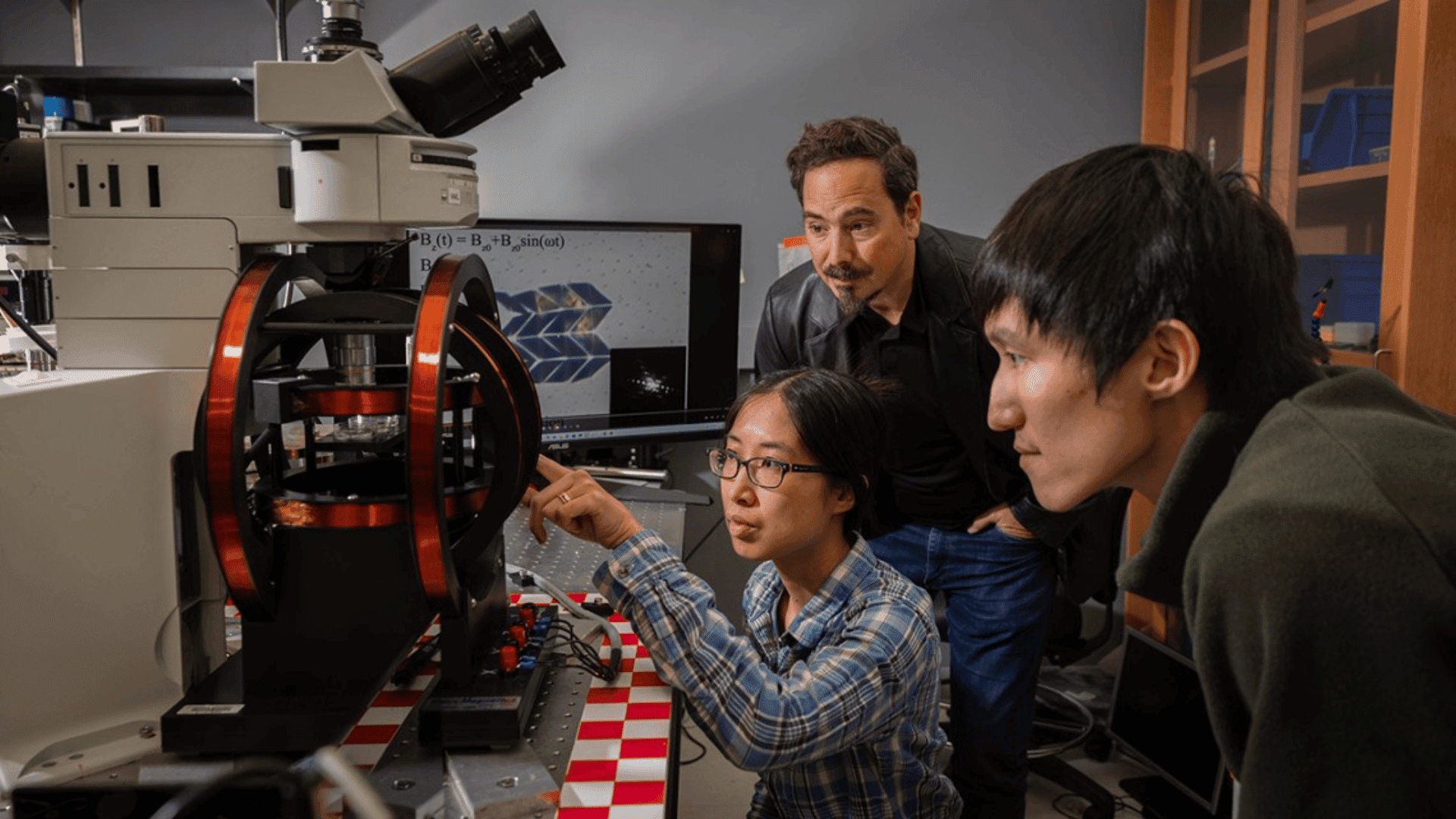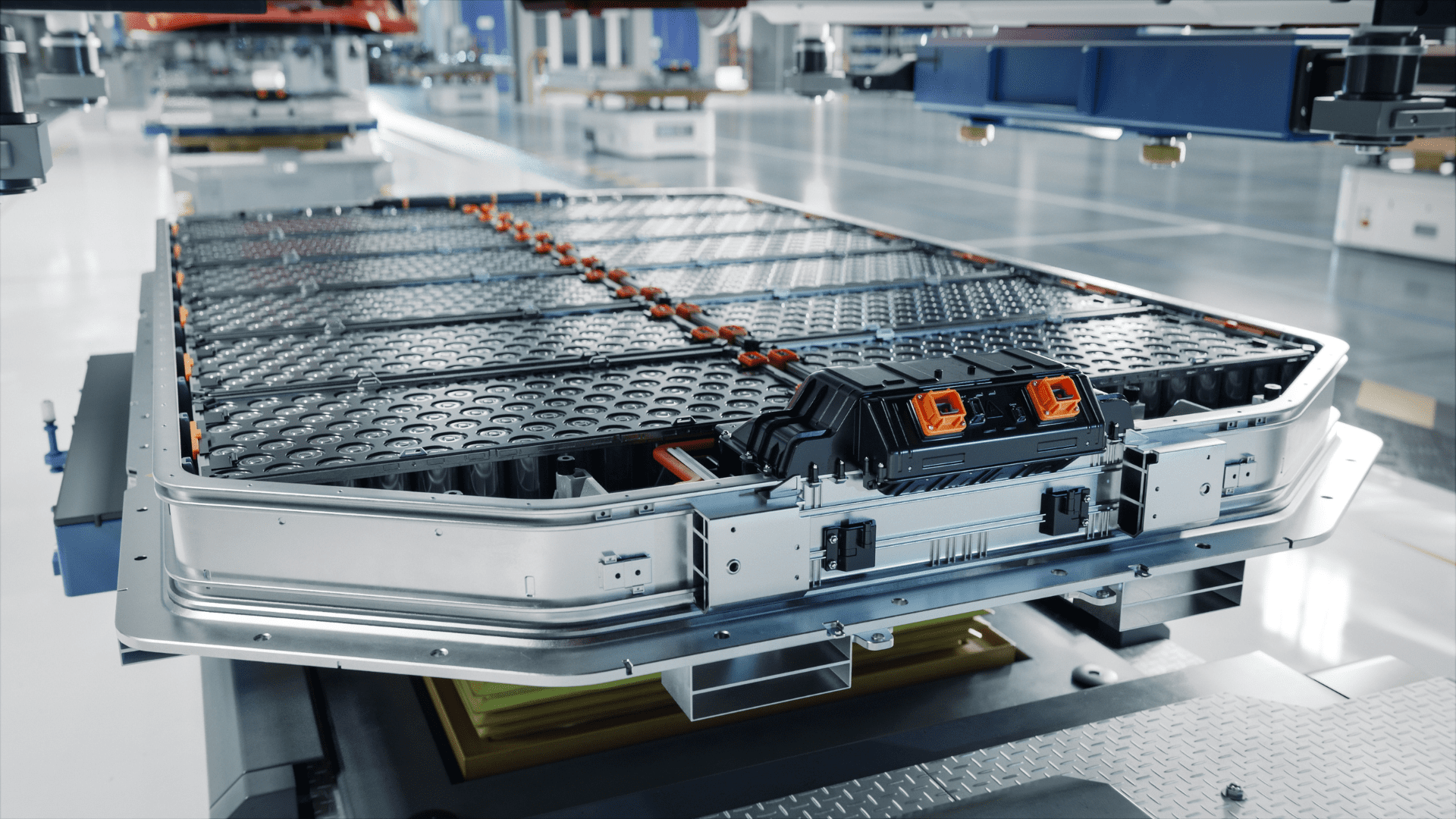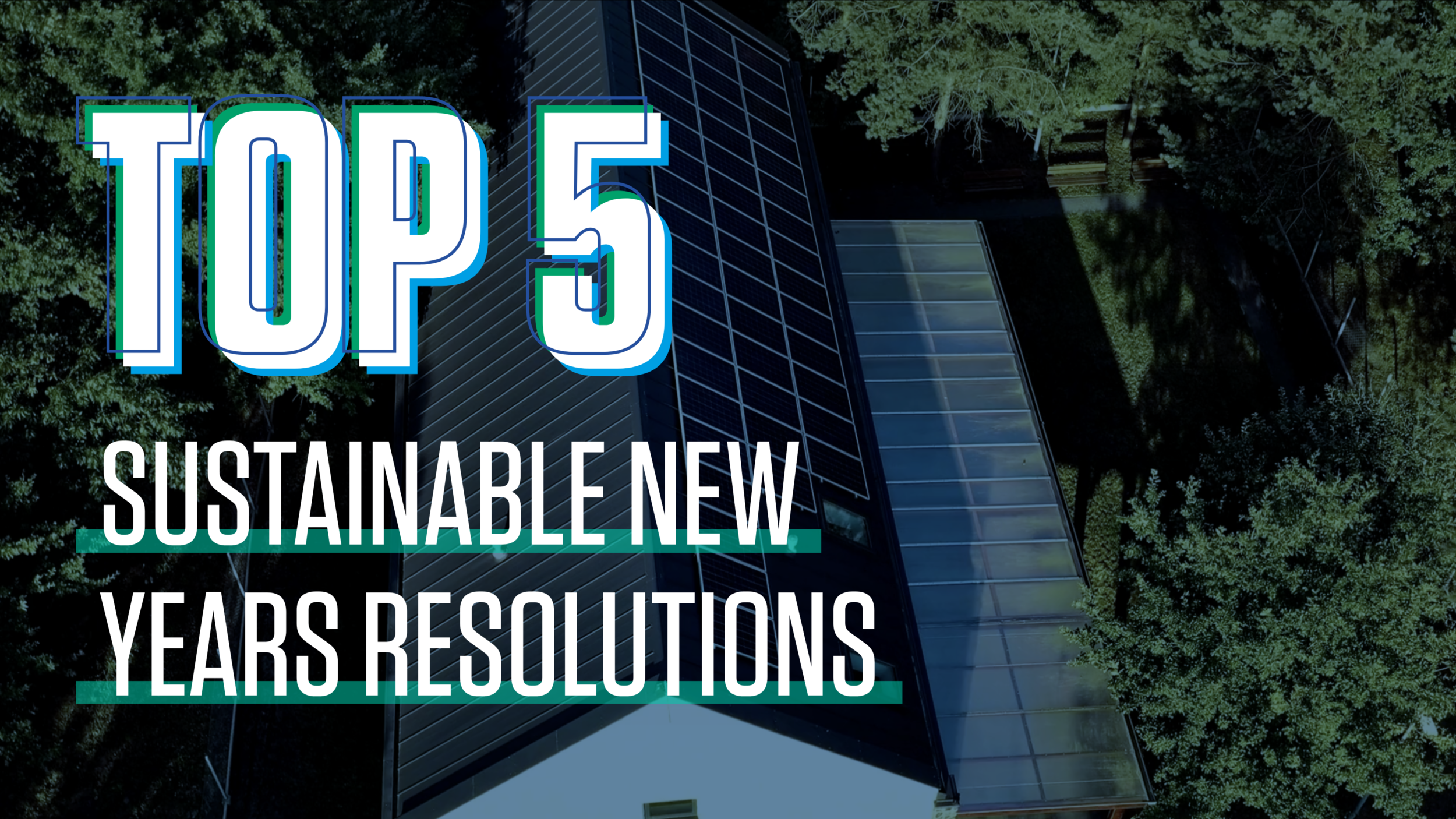Here at Tomorrow’s World Today, we’re no strangers to covering flying cars. Uber, Rolls-Royce, and other companies are all attempting to recreate the vehicle of choice for superheroes (and villains) everywhere. UK-based startup Vertical Aerospace is throwing their hat in the flying car ring as well, but with a twist. While most are focusing on building truly autonomous cars, VA is looking for pilots.
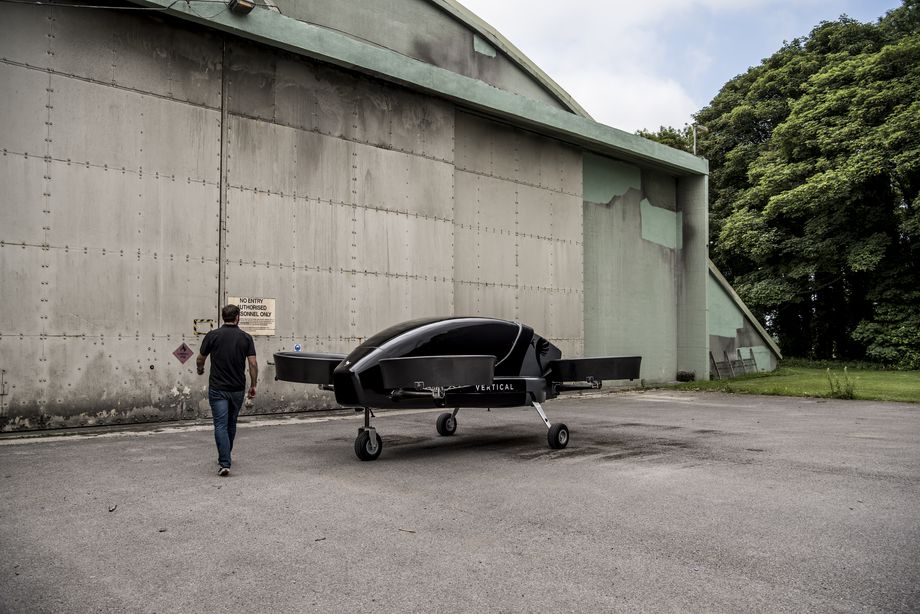
In September 2018, Vertical Aerospace successfully build and flew an electric vertical takeoff and landing (eVTOL) machine. The aircraft was pilotless, and VA is confident they’ll be able to launch a complete “air taxi” service by 2022. However, all vehicles used for the service will have pilots on board to follow current aviation regulations.
“We are investing in all the technology evolution taking place in aerospace,” explained founder and chief executive Stephen Fitzpatrick to Reuters, “but we are trying to apply that to something that’s real world and is possible to execute four years out.” By focusing on existing advancements, Vertical Aerospace has a greater chance of delivering on their lofty promises. Other companies are more ambitious in their goals, which is admirably in its own way, but a smaller scope could lead to sooner results.
Fitzpatrick is also the CEO of OVO Energy, based in Bristol. He also previously owned a Formula 1 racing team, the experience and technology of which he carried over to Vertical Aerospace. “We’ve learned a lot from Formula 1, both in terms of technology and pace of development. The lightweight materials, aerodynamics and electrical systems developed through F1 are highly applicable to aircraft, much more so than to road transport. By putting those technologies in the hands of experience aerospace engineers, we can build cutting edge aircraft for the 21st century,” he told The Verge.
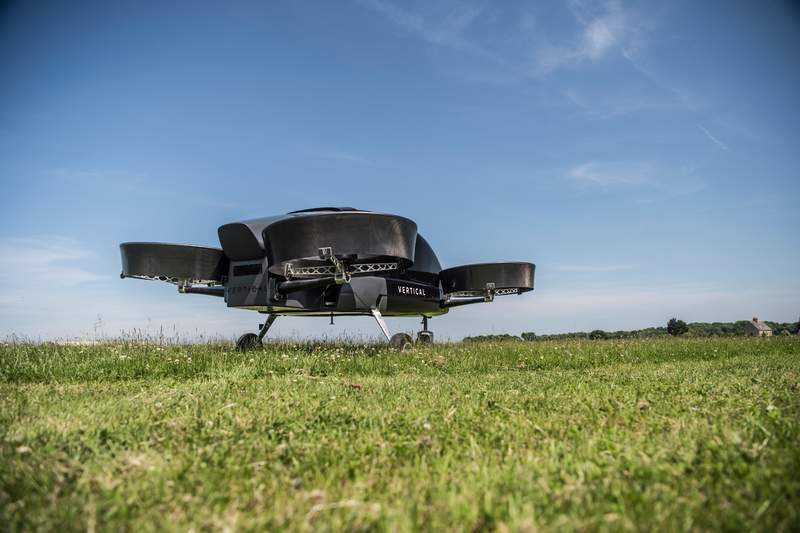
That experience has certainly paid off, as Vertical Aerospace is one of the few companies to have approval from a group in charge of aviation safety. True, other businesses have been cleared for test flights (and Kitty Hawk has one aircraft on the market), but VA is going above and beyond to ensure the safety of their vehicles. They already have the backing of the Civil Aviation Authority and are currently working with the European Aviation Safety Agency for additional certification.
That’s one of the biggest hurdles innovations like flying cars face. While laws and regulations do eventually change, they can slow or even halt development on devices working beyond their reach. Vertical Aerospace, on the other hand, is actively working within those limits while advocating for their advancements at the same time. “Regulation evolves along with new technology but it takes time. We are working alongside regulators throughout that process,” Fitzpatrick said.
As of this writing, there are no concrete dates on when Vertical Aerospace will attempt piloted flights. Nevertheless, it’s unlikely to be too far in the future, as VA has remarkable turnaround time. Despite only consisting of 28 members, their vehicle went from drafting to flight in less than a year. Then again, when the team is composed of former employees of companies like Airbus and Boeing, maybe this record speed is to be expected. Perhaps it’s a remnant of Fitzpatrick’s F1 days.
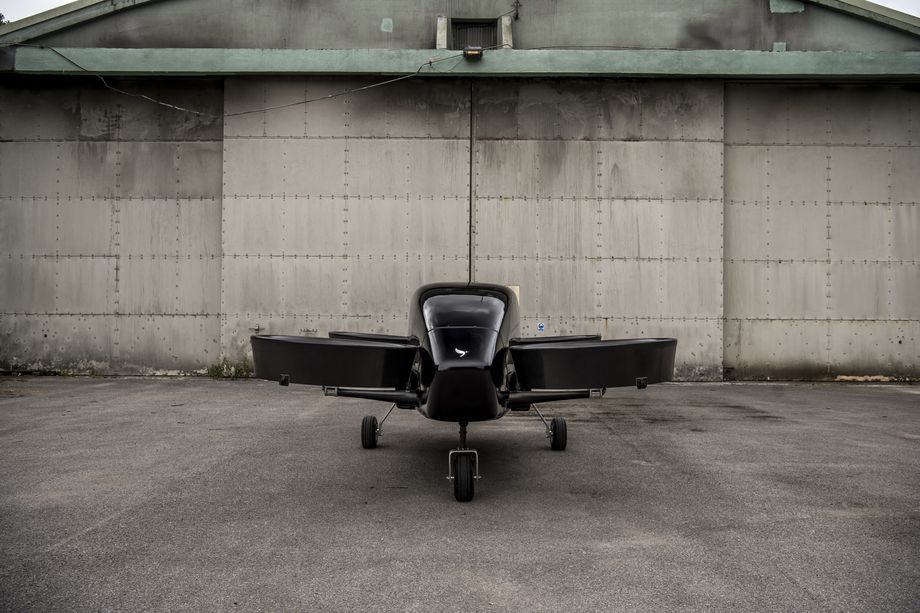
Whatever the case, this little startup has proven itself to be up to the task larger companies are still struggling with. It’s not a guarantee that their air taxi service will be operating by 2022, but it’s not impossible. In the competitive race to create the first eVTOL for the masses, Vertical Aerospace is taking flight while its rivals are still grounded.
Influence the future and follow our World of Innovation.



